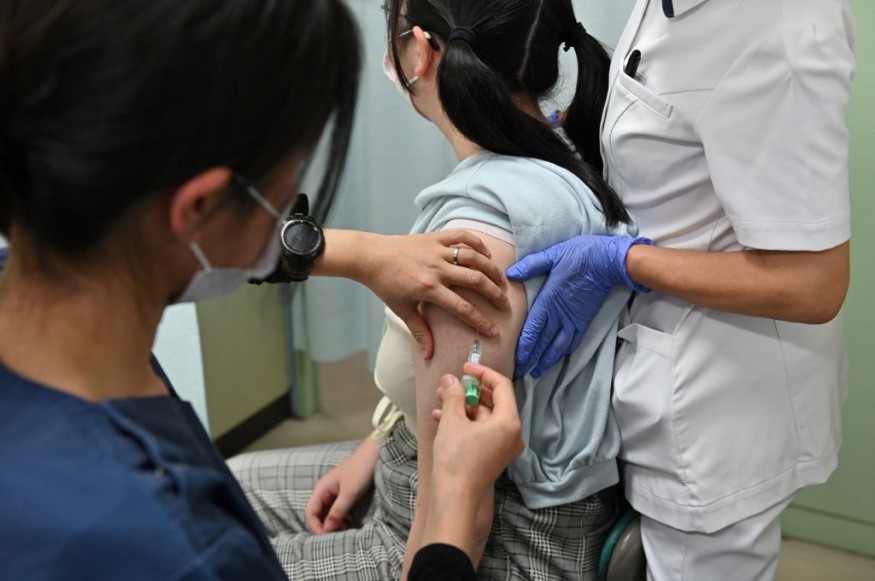A gene defect in some children of European descent is making them more vulnerable to viral infection or a simple vaccination, according to a new study.
Scientists discovered that such gene discrepancies make the antiviral mechanisms of the children's body to be faulty at times of need.
Gene Defect

In the new paper published in the Journal of Experimental Medicine on April 20, researchers discovered that the genetic defect in the IFNAR2 protein is present in a very small portion of children or one out of 1,500 within the Inuit population.
The discovery was made through close collaboration among researchers from Aarhus University in Denmark and Newcastle University in England, as well as their other collaborators in Alaska, Denmark, Greenland, and Montreal, Canada.
According to Trine Hyrup Mogensen, a professor from Aarhus University - Department of Biomedicine, they did not initially think the deficiency in the IFNAR2 gene was causing the disease because the new mutation was not present in databases.
As a result, whole-genome sequencing was necessarily performed, as cited in an article by Aarhus University.
This means that children with the gene defect are unable to tolerate the common measles, mumps, and rubella (MMR) vaccine, where its first dose is initially given to children during their early months or years.
In addition, the study also highlighted that those younglings are at risk of infections, such as influenza or the novel coronavirus disease (COVID-19).
Infection and Vaccination
The study conducted whole-genome sequencing to investigate the concerned cases of children who experiencing severe symptoms resembling meningitis after receiving a live MMR vaccine.
These shots were taken either through a regular schedule or after a viral infection like COVID-19.
During the investigation, the researchers found that some children got ill after receiving the vaccine, with one child dying from COVID-19, and another from flu.
One of the patients also had health difficulties after receiving a vaccine, while some extremely severe cases of illness after infection, as per the online science network labroots.com.
In terms of analysis, the team gathered that a patient's cells with a defective IFNAR2 gene were not able to perform the necessary biological functions to conduct any kind of antiviral response, as per Aarhus University.
During an infection, the cells normally send out the signal molecule interferon to alert and mobilize the body to activate its antiviral defense mechanisms or the immune system response.
Genetic Studies and Inuit Population
It must be reiterated the subjects of focus in the new study belong to the Inuit population, which refers to an indigenous group of people of European descent who are inhabiting territories within the Arctic and sub-arctic regions such as Greenland, Canada, and Alaska, United States.
For several years, scientists have reportedly called on the need to include diverse populations when it comes to genetic studies, which have centered on the Inuit, as per labroots.com.
The said study has highlighted such importance as it could help children the gene defect to survive diseases and vaccines in the future.
© 2025 NatureWorldNews.com All rights reserved. Do not reproduce without permission.





